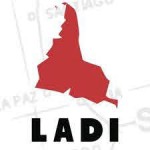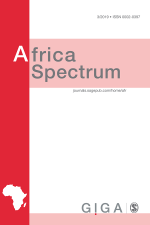Introduction: The African Charter on Democracy, Elections and Governance at 10

On various continents, intergovernmental organizations resort to legal engineering in order to promote democratic governance in their member states. Those legal efforts operate in a fluctuating political and societal environment, which they seek to transform but which, in turn, shapes the authority, the effectiveness and even the very nature of the legal instruments. As this Special Issue shows, this process of mutual influencing between law and context as interdependent variables also applies to the African Union's (AU) landmark instrument for democratic governance promotion. Roughly one decade after the adoption of the African Charter on Democracy, Elections and Governance (ACDEG), fascinating developments, challenges and questions have emerged, some of which were arguably not anticipated by its drafters. For example, who envisaged that the ACDEG might become a justiciable instrument before the African Court on Human and Peoples’ Rights? In the wake of popular uprisings in response to gross undemocratic practices, what normative guidance does the ACDEG offer in response to such developments?





